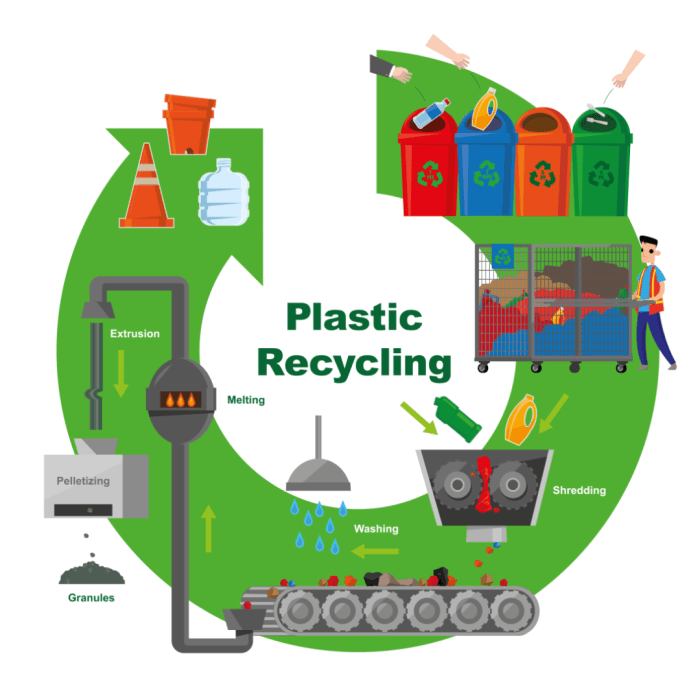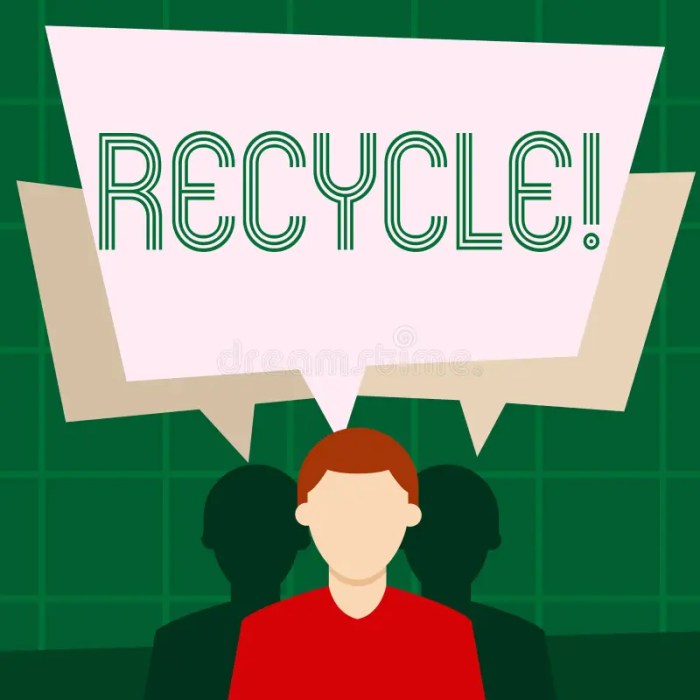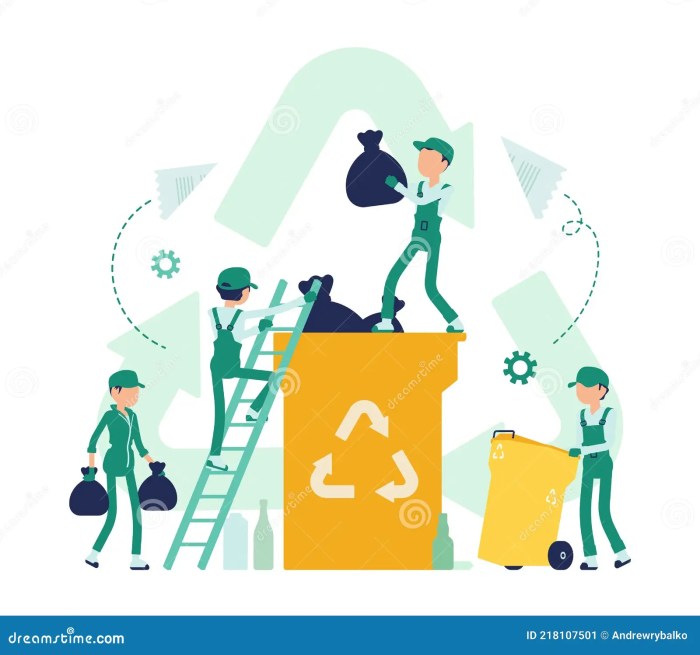As converting waste into reusable material takes center stage, this opening passage beckons readers into a world crafted with good knowledge, ensuring a reading experience that is both absorbing and distinctly original. Embark on a journey to uncover the benefits, methods, and challenges of waste conversion, leaving no stone unturned in the quest for a more sustainable future.
In this comprehensive guide, we delve into the multifaceted realm of waste conversion, exploring its environmental, economic, and social implications. We unravel the intricacies of various conversion techniques, from recycling to composting and waste-to-energy conversion, providing a roadmap for transforming waste into valuable resources.
Benefits of Converting Waste into Reusable Material

Converting waste into reusable material offers numerous advantages, encompassing environmental, economic, and social benefits.
Environmental Benefits, Converting waste into reusable material
- Reduces waste volume in landfills and incinerators, conserving natural resources.
- Lowers greenhouse gas emissions by diverting waste from decomposition and incineration.
- Protects ecosystems and biodiversity by reducing pollution and preserving habitats.
Economic Benefits
- Creates jobs in the waste management and recycling industries.
- Generates revenue through the sale of recycled materials.
- Reduces disposal costs and reliance on landfills.
Social Benefits
- Promotes environmental awareness and sustainability practices.
- Improves public health by reducing exposure to harmful pollutants.
- Fosters a sense of community and collective responsibility.
Methods of Converting Waste into Reusable Material
Various techniques exist for converting waste into reusable resources:
Recycling
Involves processing waste materials, such as paper, plastic, and metal, into new materials for manufacturing.
Composting
Decomposes organic waste, such as food scraps and yard trimmings, into a nutrient-rich soil amendment.
Waste-to-Energy Conversion
Converts non-recyclable waste into energy through processes like incineration or gasification.
Examples of Successful Waste Conversion Initiatives: Converting Waste Into Reusable Material

San Francisco’s Zero Waste Goal
San Francisco has implemented a comprehensive waste conversion program, aiming to divert 100% of its waste from landfills by 2030. The program includes initiatives like mandatory recycling, composting, and waste-to-energy conversion.
Sweden’s Waste-to-Energy Plants
Sweden has become a global leader in waste conversion, with over 50 waste-to-energy plants that convert household waste into electricity and heat. These plants reduce the country’s reliance on fossil fuels and minimize landfill waste.
Challenges and Opportunities in Waste Conversion

Challenges
- Contamination of recyclable materials.
- High costs of waste conversion technologies.
- Limited market demand for recycled materials.
Opportunities
- Innovation in waste sorting and processing technologies.
- Development of new markets for recycled materials.
- Government incentives and regulations to promote waste conversion.
Question & Answer Hub
What are the primary benefits of converting waste into reusable material?
Converting waste into reusable material offers a plethora of benefits, including reducing environmental pollution, conserving natural resources, and generating economic opportunities.
What are some common methods for converting waste into reusable material?
Common methods for converting waste into reusable material include recycling, composting, waste-to-energy conversion, and anaerobic digestion.
What are some examples of successful waste conversion initiatives?
Numerous organizations and communities have implemented successful waste conversion programs. For instance, the city of San Francisco has achieved a waste diversion rate of over 80% through comprehensive recycling and composting efforts.